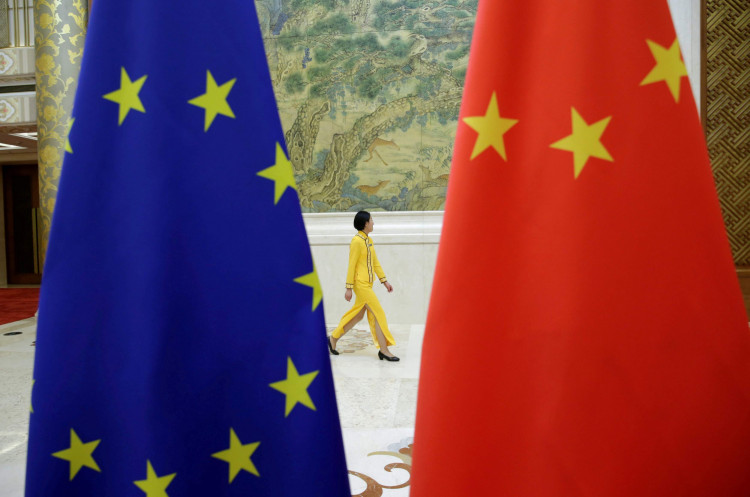Since 2019, the European Union has viewed China as a partner, formidable economic opponent, and systemic foe. After the ministerial meeting on Monday, EU foreign policy chief Josep Borrell told the media that the role of the rival had taken on more significance. By avoiding new vulnerabilities and diversifying supply chains for vital raw materials and technologies, Europe should lessen its dependence on such resources.
According to Chief Josep Borrell, the European Union should acknowledge China as a rival even more and lessen its reliance on it economically. The EU should pursue "realistic and robust engagement," according to a five-page brief written by the European External Action Service, which Borrell oversees, for a meeting of foreign ministers in Luxembourg.
"The message from China now is one of competing," he said, as well as China's economic success and desire for influence in Africa, Asia, Latin America, and elsewhere. "Now we are talking about our dependency, vulnerability from Russian gas. We have to avoid creating new ones," he continued.
At a two-day meeting beginning on Thursday, EU leaders will examine their relations with China, beginning what officials refer to as a "fine-tuning" of those connections. The meeting on Monday took place the day after Chinese President Xi Jinping's important policy speech. Borrell claimed that Xi had delivered a "very strong statement" regarding China's desire for global sway.
Beijing is systematically promoting an "alternative vision of the world order," according to the EU study, where political and civil rights are subordinated in favor of economic and social development. The bloc continues to think it makes sense to cooperate with China on matters like climate change.
The closer links China has to Russia and its failure to denounce Russia's invasion of Ukraine have further strained relations between the bloc and China. The conversation is happening at the same time as the Chinese Communist Party Congress, where President Xi Jinping is expected to win a record-breaking third term.
In his inaugural address on Sunday, Xi made it plain that China would stick to its course, saying the nation's "rejuvenation of the Chinese nation is now on an irreversible historical course."
The EU's foreign policy arm warned of the EU's dependence on Chinese goods as a "strategic vulnerability" and urged diversification of supply chains for critical technology, like semiconductors, as well as critical raw materials in a paper distributed to member states ahead of Monday's ministerial meeting.
The EU stated that it anticipates the party congress to affirm "inward-looking policies" in terms of political closure, economic independence, and technological dependence. It also stated that it anticipates the party conference to "widen the divergence between China's and our own political choices."






